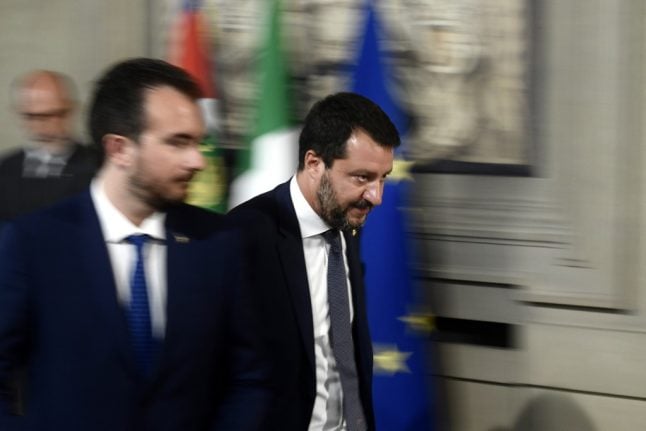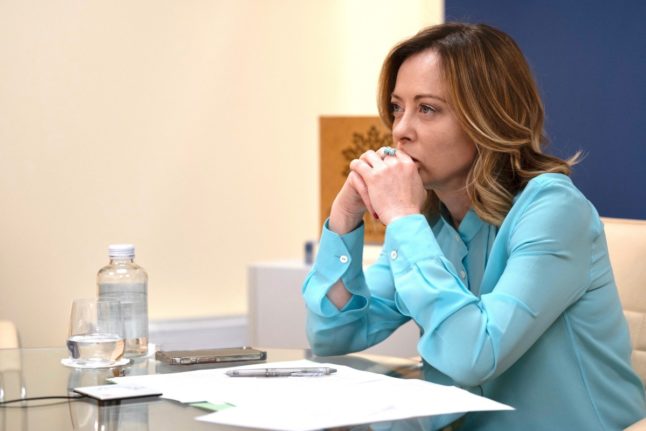Outgoing interior minister Salvini on Thursday railed against the “little government” that has replaced him, but he has massively lost his gamble on snap elections.
“He committed a political error rather than one of timing,” said Lorenzo Castellani, political science lecturer at Rome's Luiss University.
Salvini bet on the advantage of surprise when on August 8th, in the middle of the summer holidays, he pulled the plug on his own coalition with the Five Star Movement (M5S).
TIMELINE: 15 months of drama in Italian politics
But he underestimated the ability of Italy's parliamentary system and European allies to fight back, failing to foresee that M5S would join forces with historic rivals the Democratic Party (PD) to scupper his bid to cash in on his new popularity.
On the day he pulled the plug, opinion polls said his party would win 38 percent of votes in a national election, four more percentage points than were garnered in May's European parliamentary elections. Since then, that has fallen to around 31 percent.
One of his closest aides, Giancarlo Giorgetti, told Thursday's Corriere della Sera daily that “Salvini's fundamental mistake was to win the European elections. He became public enemy number one in Italy and beyond.”
Salvini likewise claims to be the victim of a conspiracy, calling the new M5S-PD alliance “a government against the League”.
But others say he simply overreached, banking on a lack of credible opposition. In the end Prime Minister Giuseppe Conte revealed himself an unexpected rival, stymying Salvini's call for a no-confidence vote by resigning – and using his resignation speech to make a scathing attack on the League party leader that has seen Conte's popularity climb.
PROFILE: Italy's PM Conte, the 'Mr Nobody' who found his voice

Photo: Andreas Solaro/AFP
Salvini, who relies on a strongman image polished during his stint as Italy's interior minister responsible for closing the ports to migrant rescue ships, scrambled to hold on to power as he realized his misstep, approaching the M5S to take the League back but finding his advances rejected.
Pending a return to power, Salvini, 46, who has been a politician since he was a teenager, said he “will not let go”, and called for what he hopes will be a massive anti-government rally in Rome on October 19th.
The Milan native became the head of the League in 2013 when the party was staring into the political abyss, turning the regional movement into a nationalist party that rapidly overtook centre-right ally Silvio Berlusconi's Forza Italia before abandoning it to form a government with M5S.
READ ALSO:
- Why do Italy's governments collapse so often?
- The M5S digital voting platform that could threaten a government deal in Italy
- Four key economic challenges facing Italy's new government
Salvini took the party to unprecedented success with his rants against immigrants, Muslims, Roma people, EU leaders, liberals and any other figures he blamed for Italy's economic and social woes. From a record performance in 2018's general election, when the League won 17 percent, the party climbed to 34 percent in European elections earlier this year.
Experts predict that his share of voter intentions will potentially drop below 20 percent because, notes Castellani, “Italians are cynical and they don't like smart alecs who turn out to be losers”.
Yet Italian philosopher Massimo Cacciari warned on Thursday in the left-leaning Stampa daily that “The PD-M5S alliance may benefit Salvini”.
“You need new ideas to fight populism. Otherwise you will open the doors wide and we'll have sovereignists in power for one or two generations,” Cacciari wrote.



 Please whitelist us to continue reading.
Please whitelist us to continue reading.
Member comments